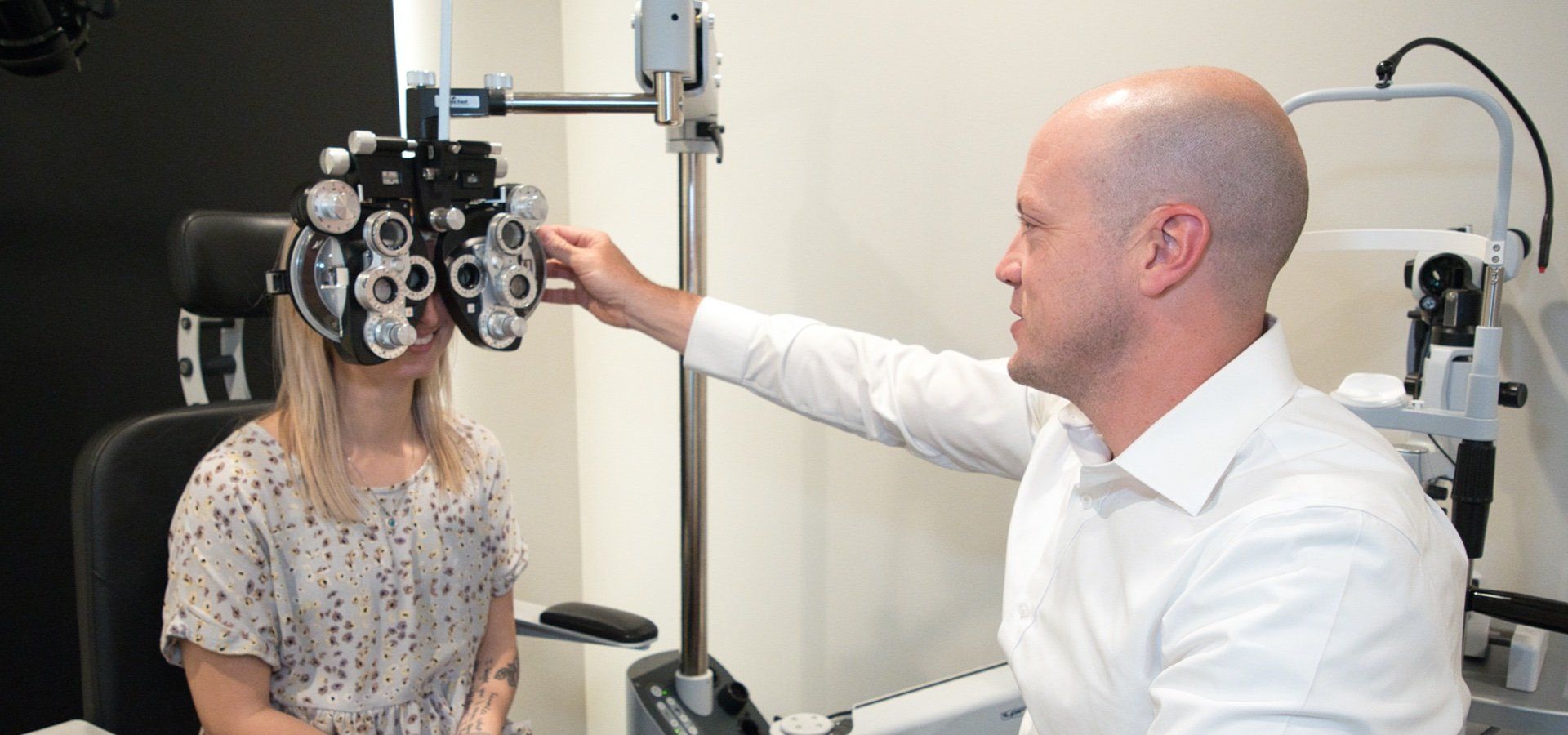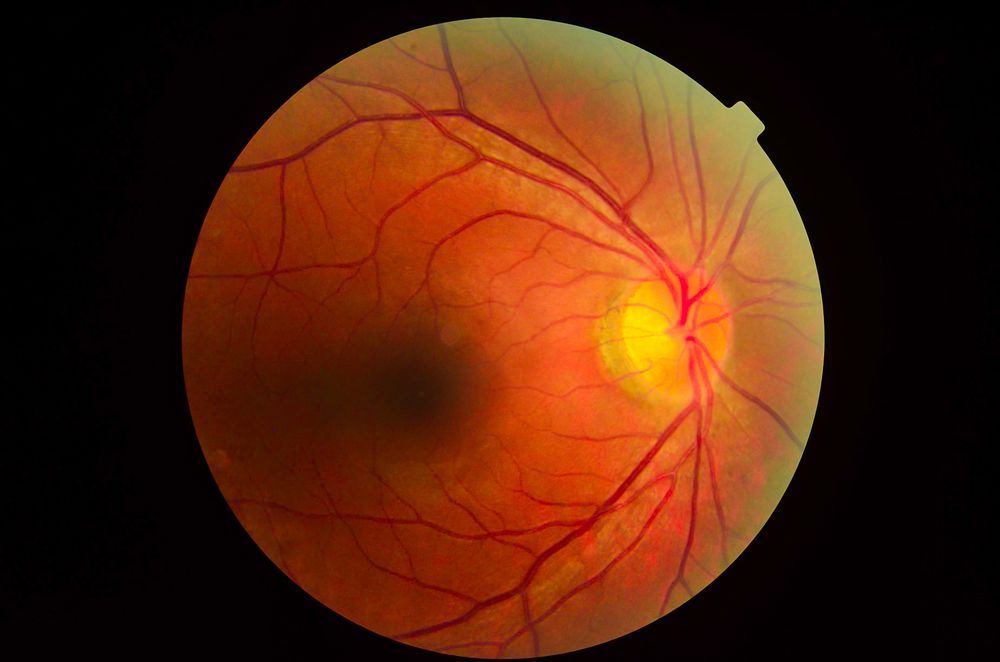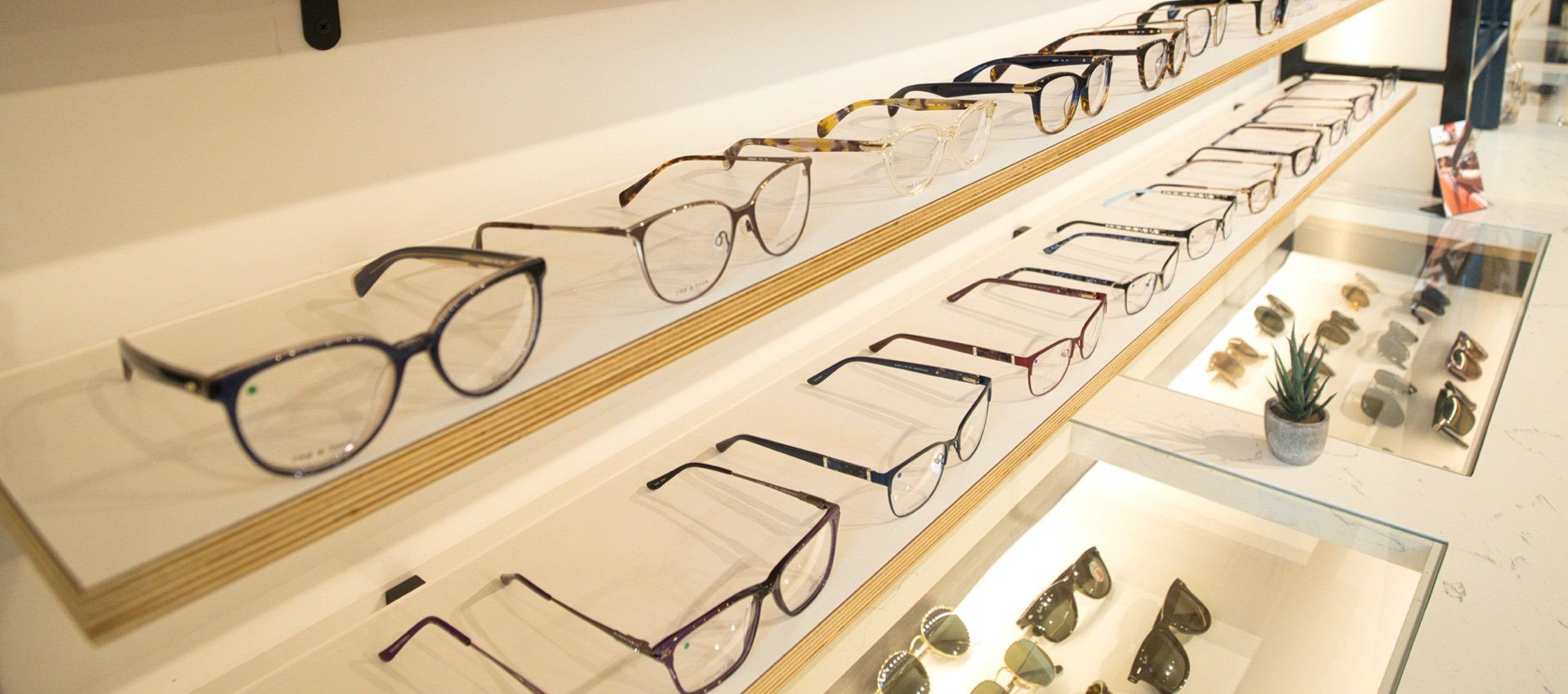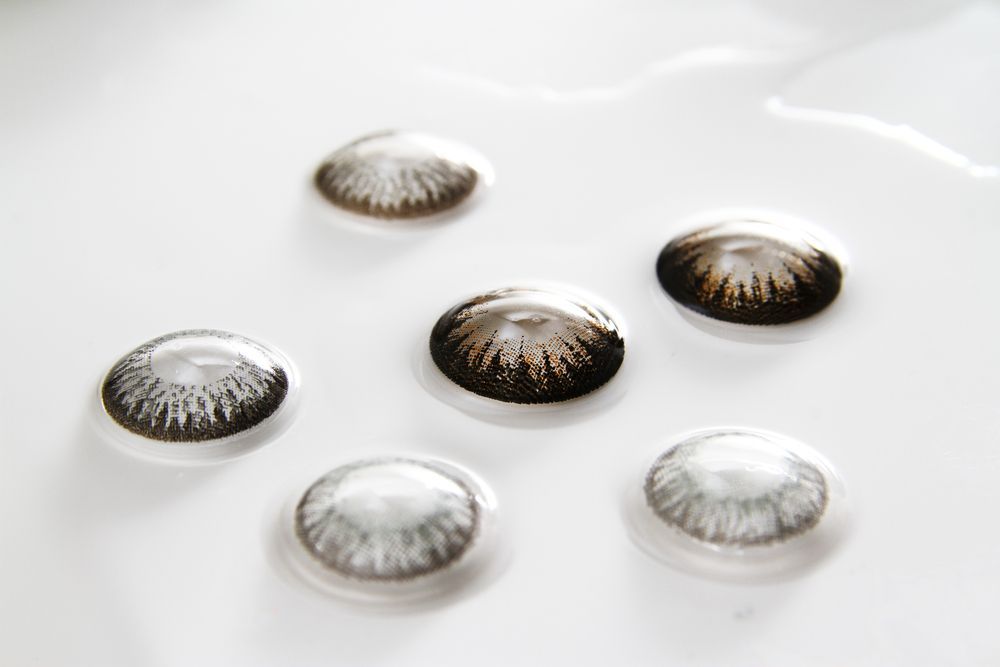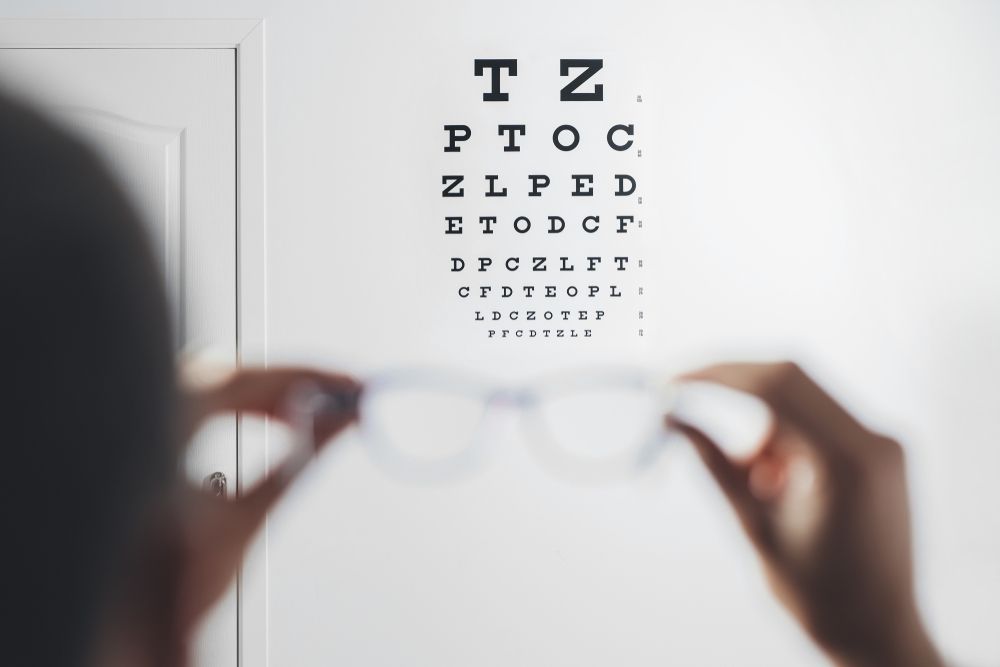Aging is a natural part of life, and with it comes changes in our bodies, including our eyes. While some age-related changes to vision are inevitable, there are many steps you can take to protect your eye health and maintain clear vision as you grow older.
Common Age-Related Eye Conditions
As we age, several eye conditions become more common. Understanding these conditions can help you recognize early signs and seek timely treatment:
- Presbyopia: This is a normal age-related condition that usually begins in your 40s. It makes it harder to see things up close, such as reading text on your phone or book. Presbyopia is due to the hardening of the eye's lens, making it less flexible and unable to focus on nearby objects.
- Cataracts: Cataracts are a clouding of the eye's lens, leading to blurred vision and difficulty with glare. They are very common in older adults, and while cataracts can affect vision, they can often be treated effectively with surgery.
- Age-Related Macular Degeneration (AMD): AMD affects the macula, the part of the retina responsible for sharp central vision. It can lead to loss of central vision, which is crucial for reading, driving, and recognizing faces. Early detection and management can slow progression.
- Glaucoma: This group of eye conditions damages the optic nerve, often due to high eye pressure. Glaucoma can lead to vision loss if not detected and treated early. Regular eye exams are key to catching glaucoma in its early stages.
- Dry Eye Syndrome: With age, our eyes may produce fewer tears or tears of lower quality, leading to dry, irritated eyes. This condition is more common in post-menopausal women but can affect anyone.
Tips for Healthy Aging and Eye Health
- Regular Eye Exams: The most crucial step in maintaining eye health as you age is scheduling regular comprehensive eye exams. Many eye conditions, such as glaucoma and AMD, develop gradually and may not have early symptoms. Regular exams can help detect these conditions early, allowing for timely treatment.
- Protect Your Eyes from UV Light: Prolonged exposure to ultraviolet (UV) rays from the sun can increase the risk of cataracts and AMD. Wearing sunglasses that block 100% of UVA and UVB rays, along with a wide-brimmed hat, can provide added protection for your eyes.
- Maintain a Healthy Diet: A diet rich in fruits, vegetables, and omega-3 fatty acids can benefit your eye health. Foods like leafy greens (spinach, kale), fish (salmon, tuna), and colorful fruits (oranges, berries) contain nutrients like lutein, zeaxanthin, vitamin C, vitamin E, and zinc, which are essential for eye health.
- Manage Chronic Conditions: Conditions such as diabetes and hypertension can significantly affect eye health, leading to diabetic retinopathy and other complications. Managing these conditions through regular check-ups, medication, and lifestyle changes is crucial for protecting your vision.
- Stay Active and Maintain a Healthy Weight: Regular physical activity improves circulation and helps keep blood pressure in check, both of which are beneficial for eye health. Maintaining a healthy weight also reduces the risk of developing conditions like diabetes, which can adversely affect your eyes.
- Quit Smoking: Smoking increases the risk of several eye conditions, including cataracts, AMD, and dry eye syndrome. If you smoke, quitting can significantly benefit your eye health and overall well-being.
- Limit Screen Time and Take Breaks: Prolonged screen time can strain your eyes, leading to digital eye strain or computer vision syndrome. Follow the 20-20-20 rule: every 20 minutes, look at something 20 feet away for at least 20 seconds. This simple practice can help reduce eye fatigue.
- Stay Hydrated and Use Artificial Tears: Drinking plenty of water is essential for overall health, including eye health. If you experience dry eyes, using artificial tears or a humidifier in your home can help alleviate discomfort.
Adopting a proactive approach to eye health can help maintain clear vision and reduce the risk of age-related eye conditions. If you have any concerns about your eye health or are due for an eye exam, don't hesitate to contact us. Our team is here to help you maintain healthy eyes and clear vision at every stage of life.



